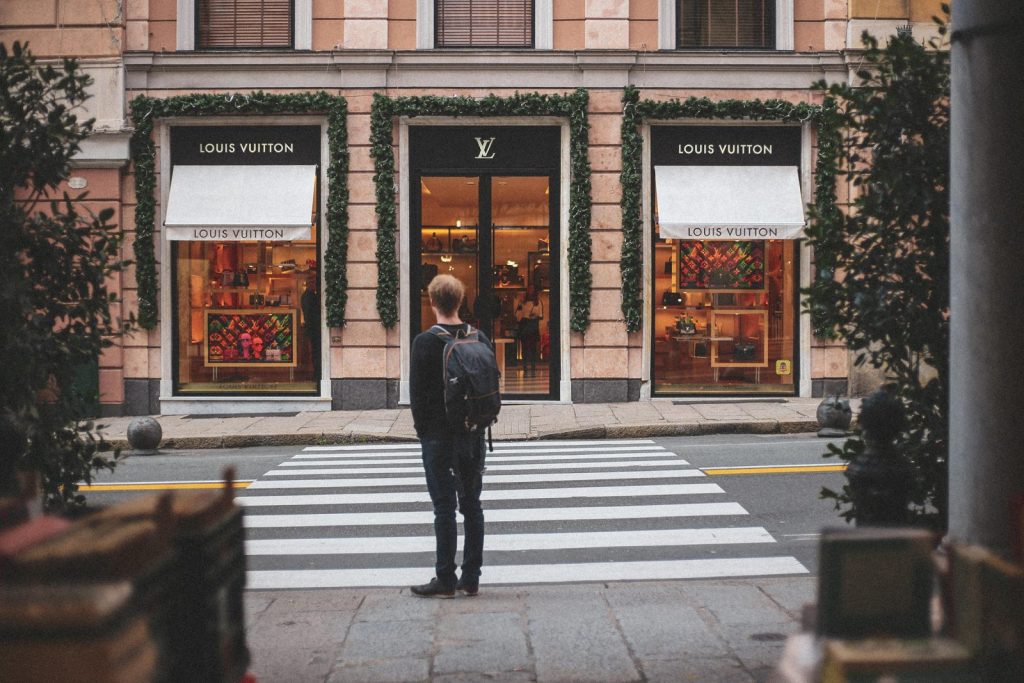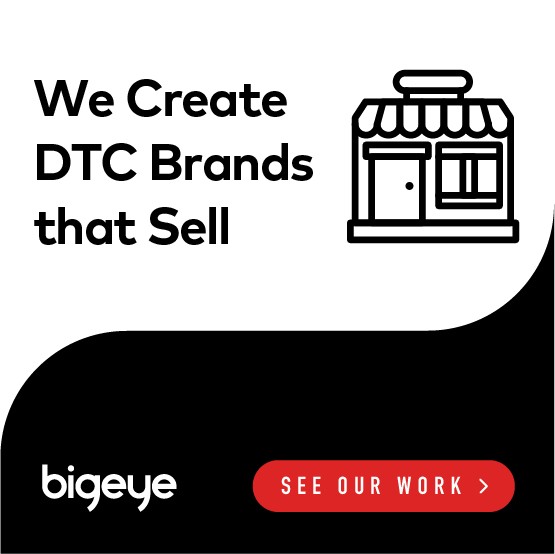
eCommerce marketing is growing, but it takes a different skill to target audience demographics for online luxury goods buyers.
A McKinsey report upon the luxury goods sector this year expressed both cautions and reasons for optimism. Because the pandemic has slowed in-person sales worldwide, they emphasized the importance of focusing upon online growth. Not only can eCommerce marketing fuel online sales, it can help propel more potential customers to visit stores later. Of course, to make the best use of digital marketing dollars, it’s important to carefully target audience demographics.
How targeting eCommerce marketing to luxury buyers differs from other niches
For many niches, a consumer marketing agency will suggest targeting the right buyers through content marketing. After all, posting relevant content can cast a wide net. In most cases, it’s fair to assume that people with an interest in the content will also want to buy associated products and services.
Yet, this kind of strategy may not prove as effective for an audience analysis agency that hopes to target their market for luxury buyers. MediaPost mentioned a good example of some pitfalls luxury brands have encountered when they tried to define and target audience demographics with posts about multi-million dollar homes, imported purses, or other big-ticket luxuries. They may attract some potential buyers; however, they’re also likely to engage a more aspirational market.
Who hasn’t looked at their social media pages to see a friend posting a picture of a dream home by the beach or high-powered sports car? That’s more about sharing a daydream about a luxury item than serious thinking about buying one.
After that social media friend has shared or commented on one of these posts, they will suddenly find themselves targeted or retargeted for similar ads. Daydreaming friends may find the situation amusing; however, for the brands paying for clicks or displays, they’re wasting money.
Consider location targeting
Property development companies put a lot of thought into where they will build their next gated community or luxury condos. Likewise, high-end jewelers and other kinds of luxury retailers carefully consider which shopping districts to choose for new stores. Even though eCommerce customers can compare, shop, and buy from almost anywhere, it stands to reason that businesses will still find them mostly in the same kinds of areas that would help a physical outlet prosper.
With that in mind, consider a few ways to gather information for location targeting:
- Past behavior: Of course, targeting people who have actually taken the time to visit the physical location of a luxury brand may work the best of all. Even if the consumer did not buy from the business, perhaps they have shopped and purchased from other luxury brands.
- Geo-locations of homes: The location and value of a current home or rental can help suggest the price range and quality that a consumer might feel comfortable with. Just as physical outlets for high-end goods will target high-income communities, so should luxury eCommerce sellers.
Try focusing on millennials
The Shopify blog published some optimistic predictions about the future of online luxury goods sales. They expected a growth rate for eCommerce of over twice that of other sales channels. In particular, millennial adults have arrived at their peak time for spending and are especially prone to buy high-end goods for such lifecycle milestones as weddings and other events.
When compared to older groups, millennial also generally favor comparing and buying online, so this age group looks like a great place to start. In the past, luxury brands focused upon differentiating their goods by emphasizing quality and exclusivity. These benefits can lure Millennials, but they also appear inclined to support companies with a clearly design purpose.
As an example, Gucci says that these younger adults drive just about half of all of their sales. They succeeded with this market by introducing a site called Gucci Equilibrium that highlights their efforts to promote sustainability, diversity, and inclusion.
As with other sectors, luxury marketing must adapt
The pandemic has impacted just about every kind of business in one way or another. Sales of luxury brands online suggest that high-end businesses can look forward to a bright future if they carefully target their marketing and promote the right message.




